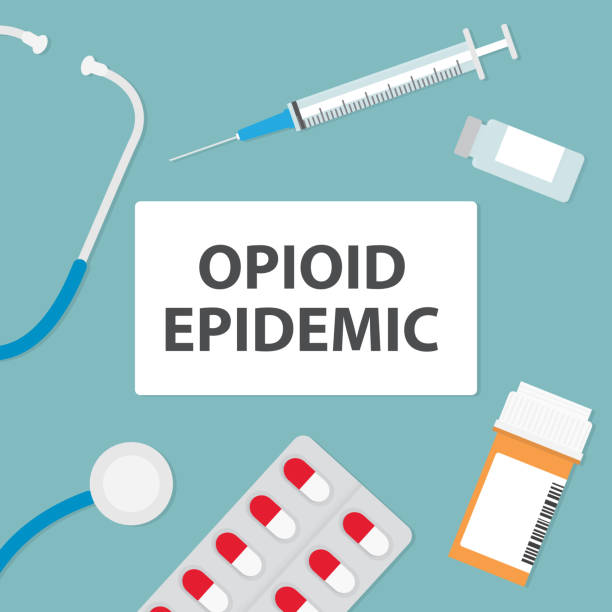FDA Opioid Review Slow to Produce Actionable Results

The long-awaited review of problematic opioid prescribing is taking longer than observers had hoped. Studies of this extended use of the pain medications have lagged for years beyond their expected completion, FDA Commissioner Robert Califf told the Associated Press.
The delay is largely due to the slow process of accumulating data regarding the use of opioids to address long-term pain, he said. Further, he suggested a government agency may need to run the trials itself to expedite gathering the data required to address problematic opioid use, wherein over-prescription can lead to long-term addiction.
In the past, the FDA’s strategies focused on the use and abuse of opioids. However, as opioid-related deaths remain a significant health issue in the United States., Califf said a new approach is needed, one that also includes an “honest reflection about what the FDA can do differently moving forward.”
“Our ‘lessons learned’ will actively inform our future approach. I’m optimistic this review will provide us with recommendations to move forward in this multistep process, and we are working expeditiously to address this urgent situation,” Califf said in a blog post on the topic.
Califf, who took over the reins of the FDA earlier this year, said he remains committed to the fight against the opioid epidemic. During his confirmation before the Senate, he said he was committed to reviewing the FDA’s approval and labeling process for opioid medications. Since his confirmation, the agency initiated its review to gain a clearer understanding of what revisions are necessary to support the appropriate use of opioids.
Despite the delays, Califf unveiled other approaches to curbing drug overdoses - killing more than 107,000 people in 2021 - many due to fentanyl specifically.
The FDA Overdose Prevention Framework, as described in Califf’s blog post, laid out provisions to curb overprescribing, crack down on unapproved and counterfeit drugs (including those sold from foreign suppliers) and enhance partnership with the DEA in enforcement.
“On my watch, we commit to doing all that we can to respond to this crisis and reduce [substance use disorders] and overdoses - and ultimately achieve and sustain long-term recovery outcomes,” Califf said.
Published: Sept 1, 2022



